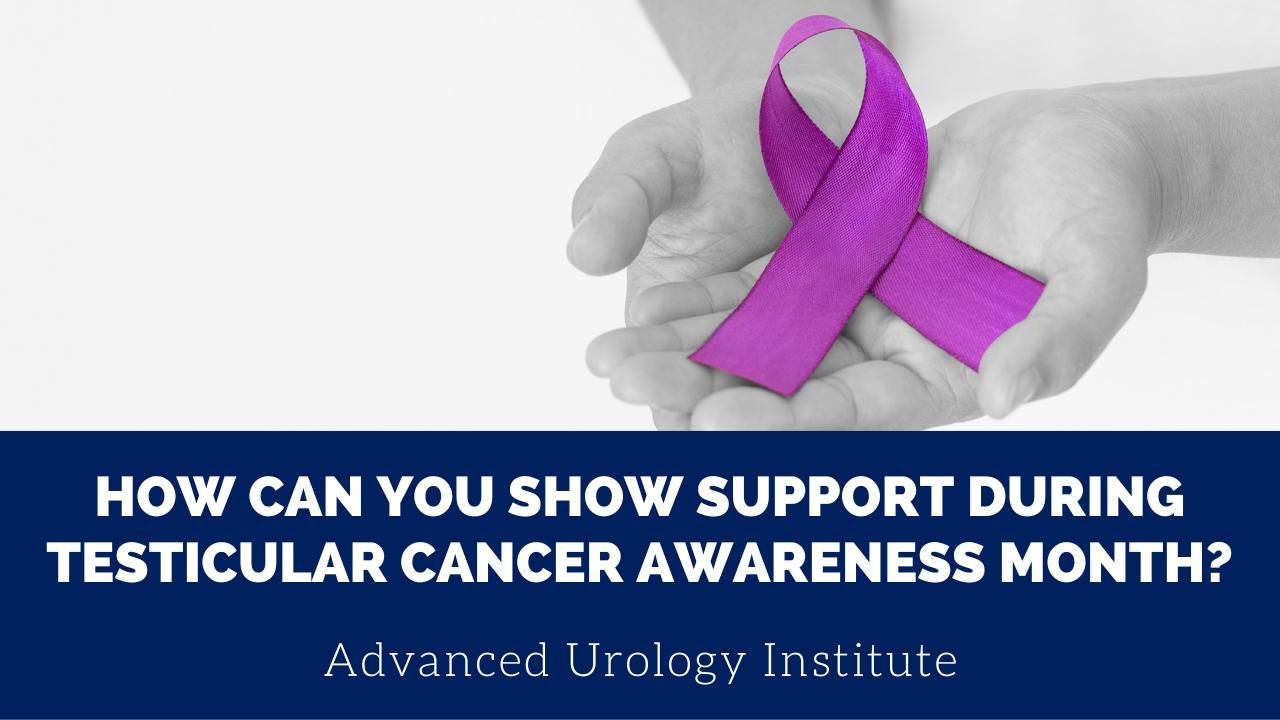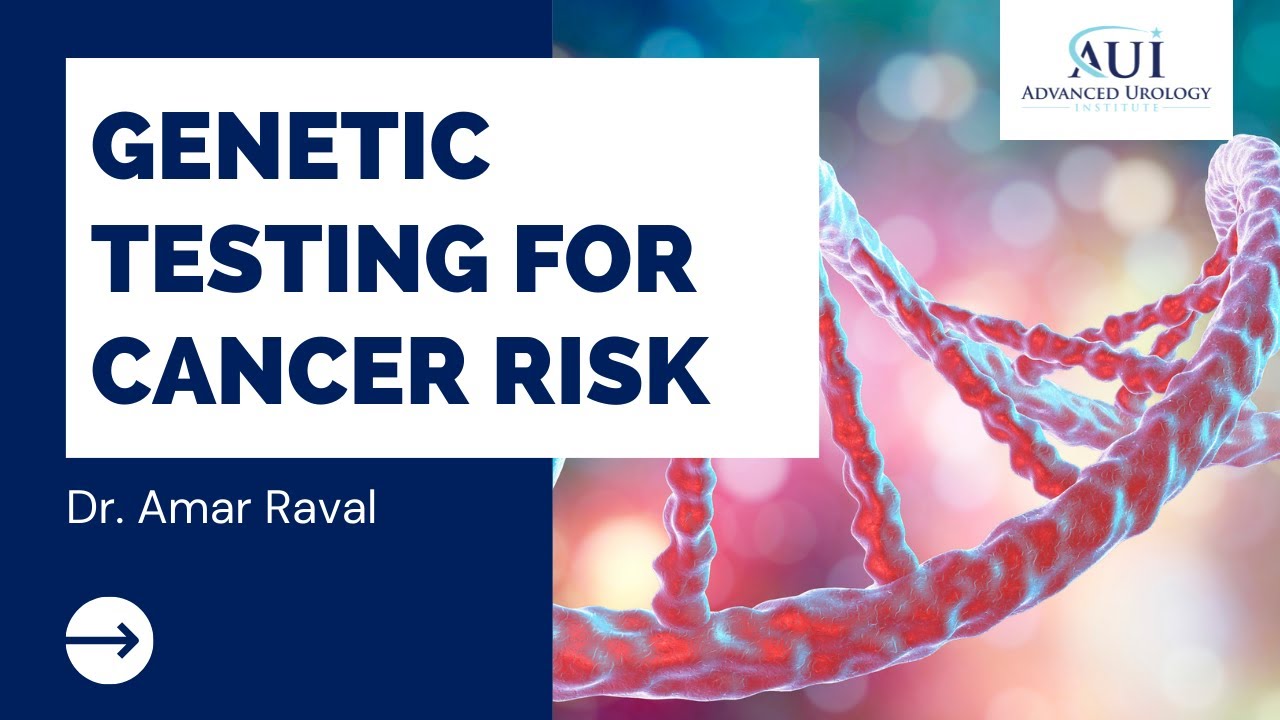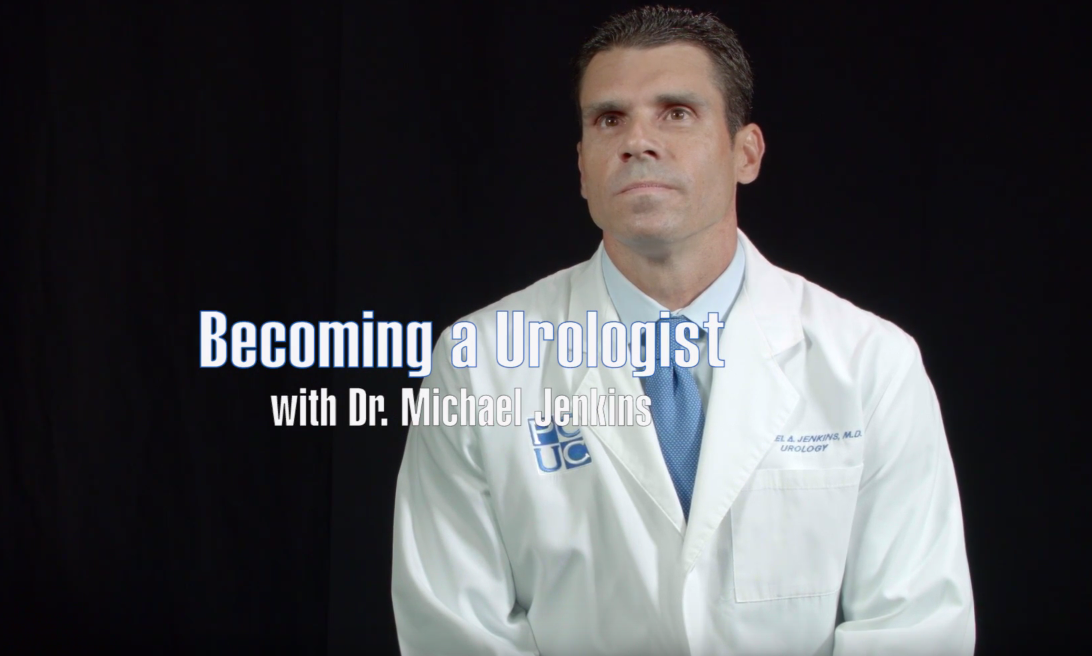Key Takeaways:
- Testicular cancer is a treatable disease if detected early, and is most common among men aged 15-35.
- There are multiple ways to show support for Testicular Cancer Awareness Month, such as sharing information on social media, wearing the color purple/violet or a Testicular Cancer awareness ribbon, and participating in local fundraising events.
- Early detection is key, and having a support system during and after treatment is important for a positive outcome.
I. Introduction
 Testicular Cancer Awareness Month is a month-long campaign that aims to raise awareness about testicular cancer and promote early detection and treatment. It takes place every April, and its significance cannot be overstated. Testicular cancer is one of the most common types of cancer among men aged 15 to 35, and it is highly treatable if detected early. In this article, we will explore the importance of supporting the cause and provide practical ways for readers to get involved.
Testicular Cancer Awareness Month is a month-long campaign that aims to raise awareness about testicular cancer and promote early detection and treatment. It takes place every April, and its significance cannot be overstated. Testicular cancer is one of the most common types of cancer among men aged 15 to 35, and it is highly treatable if detected early. In this article, we will explore the importance of supporting the cause and provide practical ways for readers to get involved.
II. Understanding Testicular Cancer
Testicular cancer is a type of cancer that starts in the testicles, the male reproductive glands located inside the scrotum. It can develop in one or both testicles and is more common in younger men. The exact cause of testicular cancer is unknown, but some risk factors include a family history of the disease, undescended testicles, and abnormal testicular development.
Symptoms of testicular cancer may include a lump or swelling in the testicle, a feeling of heaviness in the scrotum, pain or discomfort in the testicle or scrotum, and a dull ache in the lower abdomen or groin. It is important to note that not all lumps or swelling in the testicle are cancerous, but it is essential to get them checked by a doctor to rule out any serious conditions.
Early detection and treatment of testicular cancer are crucial for a positive outcome. Treatment options may include surgery, chemotherapy, or radiation therapy. The earlier the cancer is detected, the more likely it is to be treated successfully.
III. Ways to Show Support During Testicular Cancer Awareness Month
There are many practical ways for readers to get involved and show support during Testicular Cancer Awareness Month. Here are some suggestions:
- Share information about Testicular Cancer on social media.
Social media is an excellent platform for raising awareness and sharing information about testicular cancer. Readers can share facts and statistics about the disease, post links to resources, and use hashtags like #TesticularCancerAwarenessMonth to join the conversation.
- Wear the color purple/violet or a Testicular Cancer awareness ribbon.
Wearing purple/violet or a Testicular Cancer awareness ribbon is a simple but powerful way to show support. Readers can wear purple/violet clothing or accessories, tie a purple/violet ribbon to their car or bike, or even dye their hair purple/violet.
- Donate to Testicular Cancer research and advocacy groups.
There are many organizations dedicated to funding research and advocating for men with testicular cancer. Readers can donate to these groups to help support their mission and further the fight against the disease.
- Participate in local fundraising events.
Many communities host fundraising events during Testicular Cancer Awareness Month, such as walks or runs. Readers can participate in these events to show their support and help raise funds for research and advocacy.
IV. Interview with a Testicular Cancer Survivor or Expert
To provide readers with insights and advice from someone who has been directly affected by testicular cancer or an expert in the field, we reached out to Dr. Mark W. Dersch, a urologist at Advanced Urology Institute, and a survivor of testicular cancer himself. Dr. Mark W. Dersch shared his experience with us and offered some advice for others who may be going through a similar situation.
Dr. Mark W. Dersch was diagnosed with testicular cancer in his mid-20s and underwent surgery to remove the affected testicle. He stresses the importance of early detection and encourages men to perform regular self-exams and seek medical attention if they notice any abnormalities in their testicles.
Dr. Mark W. Dersch also emphasizes the importance of having a support system during and after treatment. He recommends seeking out support groups or connecting with other survivors to share experiences and offer support.
V. Conclusion
Testicular Cancer Awareness Month is an essential time to raise awareness about testicular cancer and promote early detection and treatment. By understanding the risks, symptoms, and treatment options, men can take charge of their health and seek medical attention if necessary.
There are many practical ways for readers to get involved and show support during Testicular Cancer Awareness Month, from sharing information on social media to participating in local fundraising events. Donating to research and advocacy groups can also help fund advancements in treatment and prevention.
Finally, the personal experience of a survivor or expert like Dr. Mark W. Dersch reminds us of the importance of early detection and having a support system during and after treatment. Testicular cancer is a treatable disease, but it requires vigilance and awareness from men and their loved ones.
As we approach Testicular Cancer Awareness Month, let us all commit to raising awareness, supporting research and advocacy efforts, and empowering men to take charge of their health. As Dr. Mark W. Dersch reminds us, “Early detection is key. Don’t wait, take action, and get checked.”
REFERENCES:
- “April is Testicular Cancer Awareness Month | The AACR.” https://www.aacr.org/patients-caregivers/awareness-months/testicular-cancer-awareness-month/.
- “Testicular Cancer: Symptoms and Signs.” https://www.cancer.net/cancer-types/testicular-cancer/symptoms-and-signs.
- “Signs and Symptoms of Testicular Cancer.” 17 May. 2018, https://www.cancer.org/cancer/testicular-cancer/detection-diagnosis-staging/signs-and-symptoms.html.
- “Testicular Cancer Awareness Month.” https://www.testicularcancerawarenessfoundation.org/tc-awareness-month




